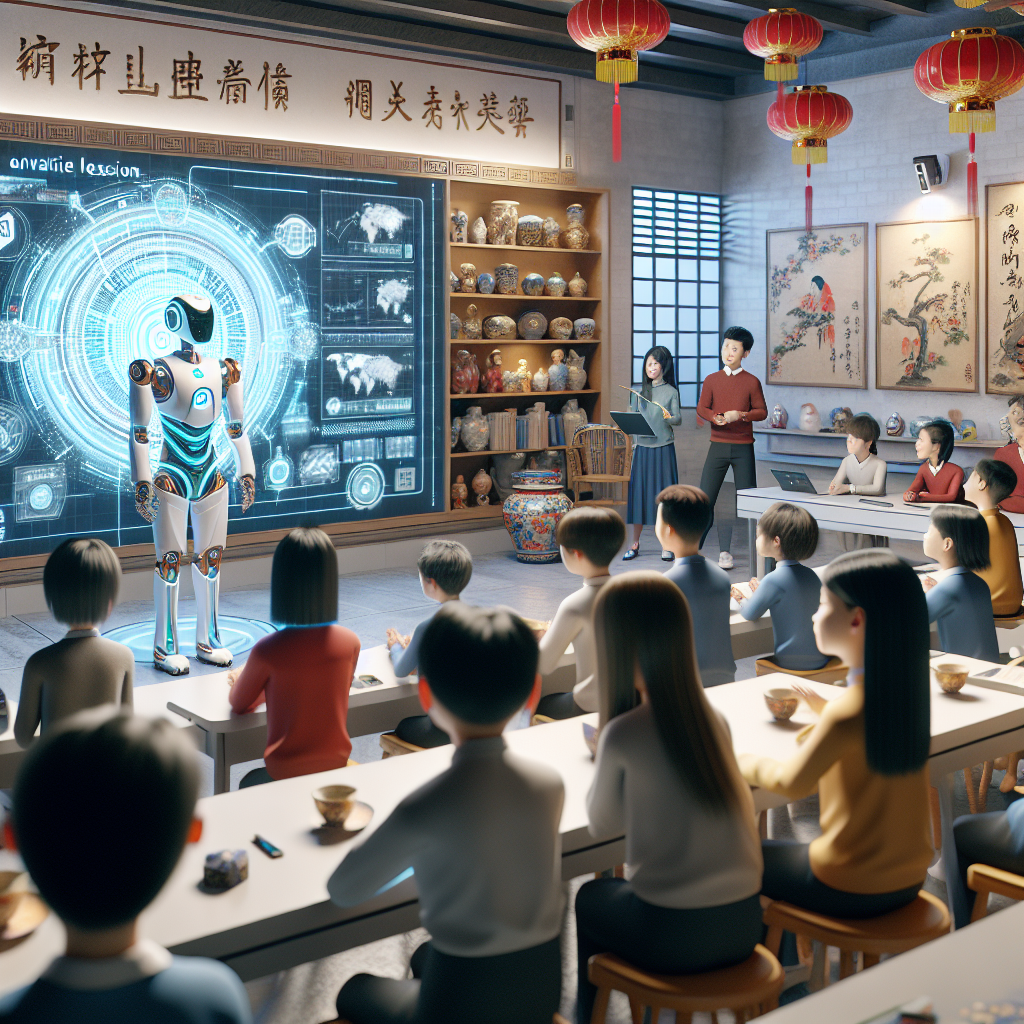China Plans to Incorporate AI in Education Reform Efforts
China’s Ambitious Plan: Integrating AI into Education Reform
Introduction to the Initiative
China is embarking on a transformative journey to integrate artificial intelligence (AI) into its education system. This initiative aims to modernize educational practices, enhance learning experiences, and prepare students for a tech-driven future.
Key Objectives of the Reform
- Enhancing Learning Experiences: AI tools will be used to create personalized learning paths, catering to individual student needs and learning paces.
- Teacher Support: AI will assist educators by automating administrative tasks, allowing them to focus more on teaching and student interaction.
- Data-Driven Insights: The use of AI will enable the collection and analysis of educational data to improve teaching strategies and student outcomes.
Implementation Strategies
China plans to implement AI in education through a phased approach, ensuring a smooth transition and effective integration. Key strategies include:
- Infrastructure Development: Investing in the necessary technological infrastructure to support AI tools in schools.
- Training Programs: Providing educators with training to effectively use AI technologies in their teaching practices.
- Collaborative Efforts: Partnering with tech companies and educational institutions to develop and refine AI applications for education.
Potential Challenges
While the initiative holds promise, it also faces several challenges:
- Privacy Concerns: Ensuring the protection of student data in AI systems.
- Equity Issues: Addressing the digital divide to ensure all students have access to AI-enhanced education.
- Adaptation Resistance: Overcoming resistance from educators and institutions accustomed to traditional teaching methods.
Conclusion
China’s plan to incorporate AI into its education reform efforts represents a significant step towards modernizing its educational landscape. By focusing on personalized learning, teacher support, and data-driven insights, the initiative aims to equip students with the skills needed for a rapidly evolving technological world. However, addressing challenges such as privacy, equity, and adaptation will be crucial for the successful implementation of this ambitious plan.






































